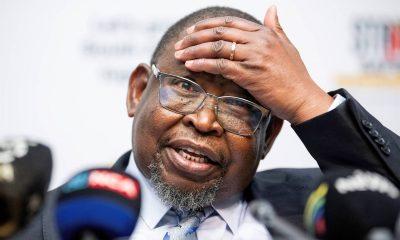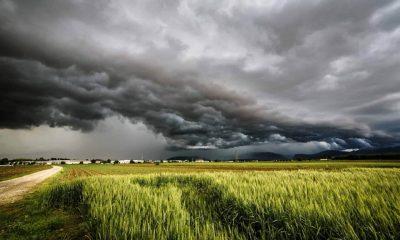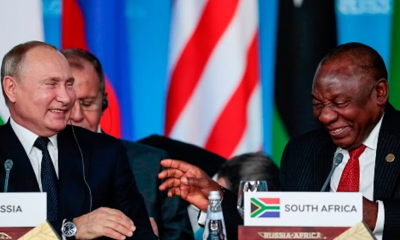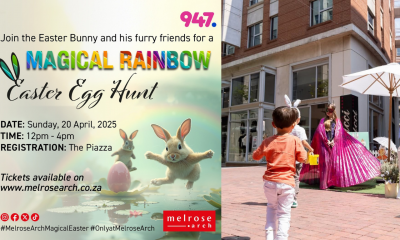News
Marshalltown Survivors Left in Overcrowded Shelters Amidst Public Outcry
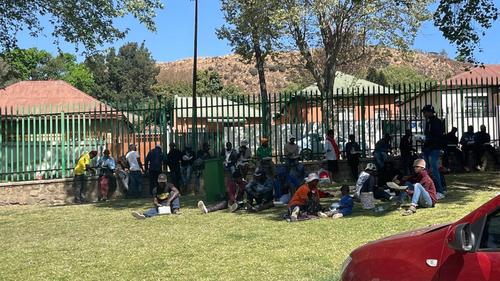
The 501 Marshalltown survivors are living in dire conditions across the city in the aftermath of last month’s devastating fire in the Joburg EBC, which claimed the lives of 77 people inside the former pass office at 80 Albert Street.
Scrolla reports that efforts to find suitable shelter for the survivors began immediately after the tragic incident, with a temporary site identified on city-owned land south of Johannesburg. However, residents of neighbouring suburbs, including Glenvista, Glenanda, Kibler Park, Alveda, and Mayberry Park, vehemently protested the government’s plan to house what they called “squatters” in their area.
Addressing the concerned residents, MMC for Transport Kenny Kunene announced the cancellation of the relocation plan due to public dissatisfaction. He assured them that the city had identified an alternative space for the survivors but did not specify the location.
However, as days turned into weeks, the survivors lived in increasingly unbearable conditions at the Hofland Park Recreation Centre, originally intended as a temporary shelter. Nigel Branken, a member of the activist group Kopanang Africa Against Xenophobia, described the facility as overcrowded, unsanitary, and lacking necessities, falling far short of providing the dignified support these victims deserved.
Also read: Inquiry Set to Provide Update on Marshalltown Fire Investigation This Week
Branken highlighted the importance of the government’s declaration of a state of disaster, urging an immediate and comprehensive response to the crisis.
South African citizens affected by the fire have been assessed and provided with a R250 social relief grant. Contrary to the assumption that many survivors were foreign nationals, research by Kopanang Africa Against Xenophobia revealed that just over half of them, 264 individuals, were South African citizens. They shared the building with migrants, refugees, and asylum seekers, including 81 surviving children. The largest foreign group included 113 Malawians, 93 Tanzanians, and 19 Zimbabweans. The smaller groups are from Kenya, Mozambique, Lesotho, Swaziland, and one from Zambia.
Mlimandlela Ndamase, the spokesperson for Johannesburg Mayor Kabelo Gwamanda, confirmed that the city is actively seeking an ideal location to relocate the survivors residing in various shelters across the city.
Also read:
Picture: X / ColleenMakhub
Follow us on Google News.

